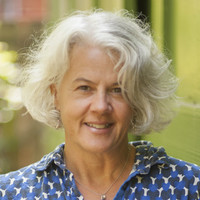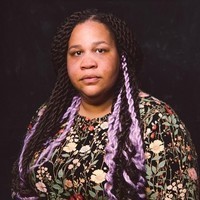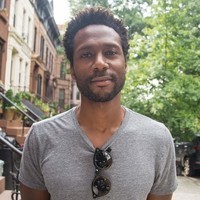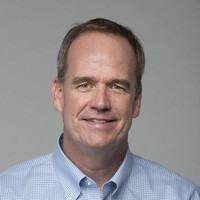The Suicide Files
The story of a sheriff’s deputy in Minnesota who took his own life.
"If anything happens to me," Ruettimann said, "give this to the reporter." After Ruettimann's death, Hereaux took the file down off his desk. Inside was a thick stack of loose-leaf documents, a manila folder stuffed with letters, and a catalog-size clasp envelope labeled "Reports." Written in black permanent marker in the margin of the envelope was the reporter's name: mine.







